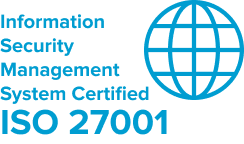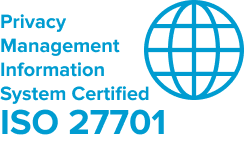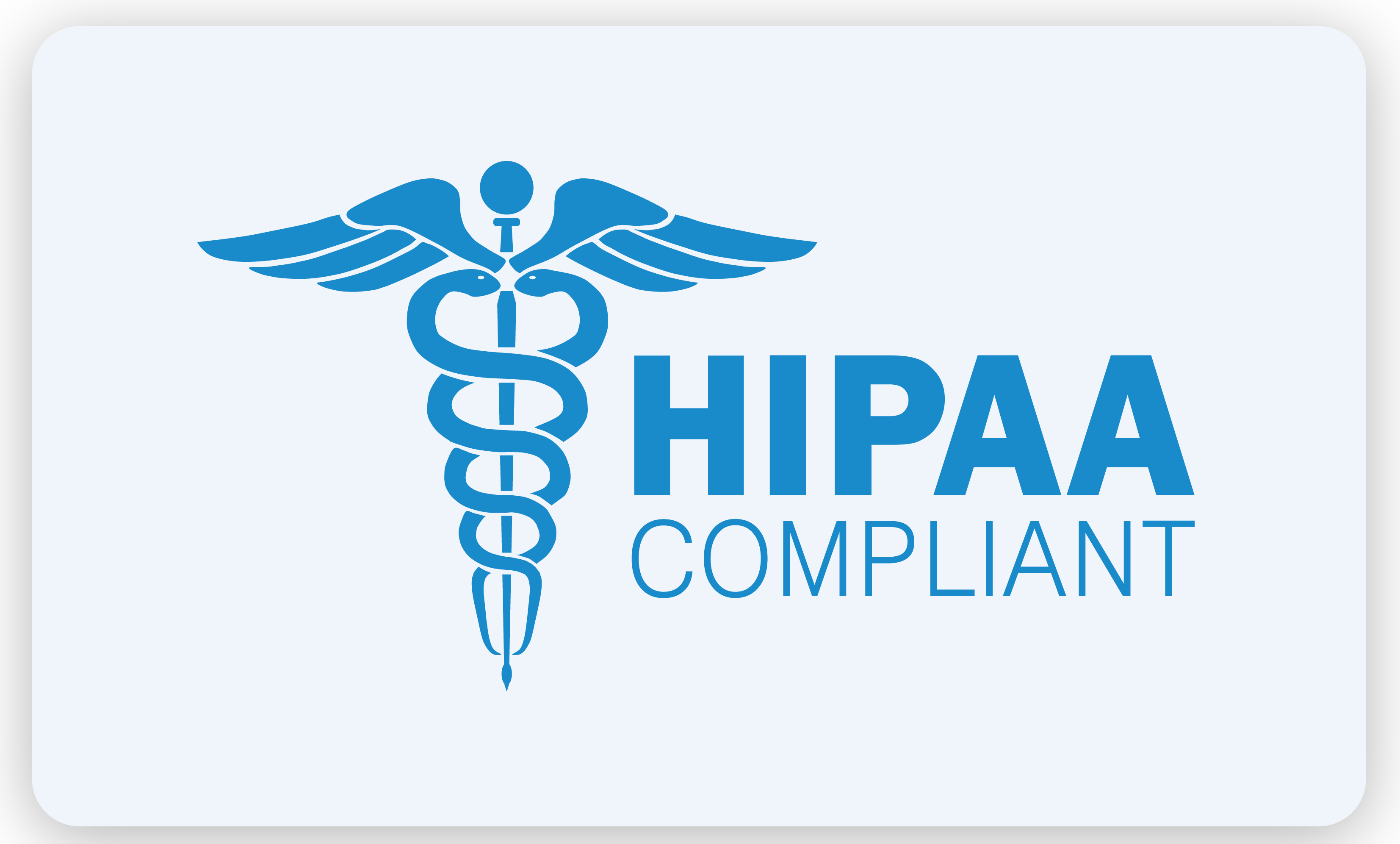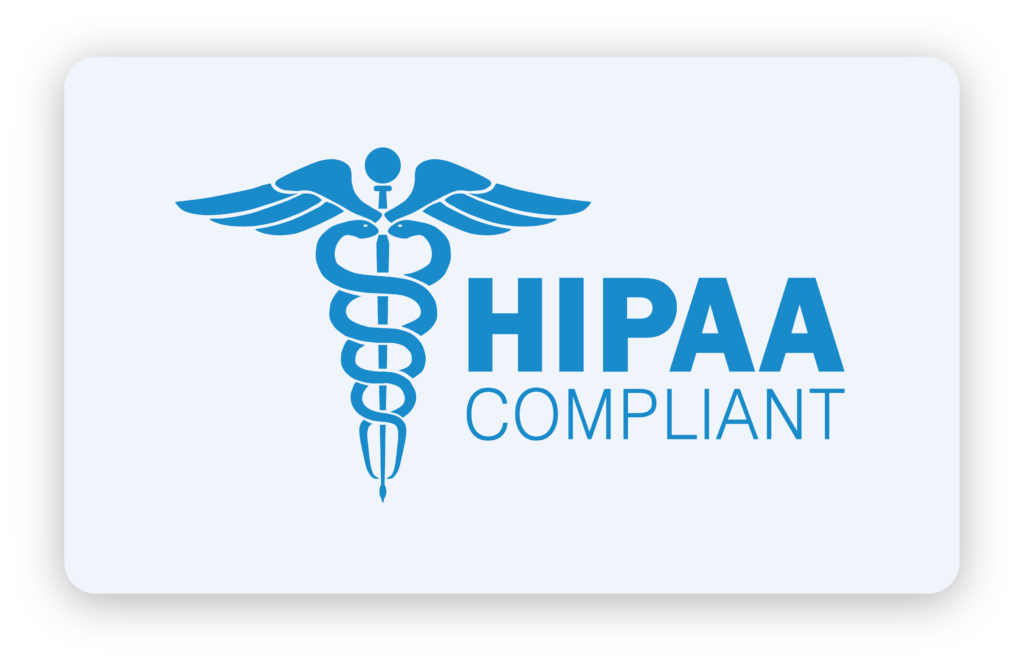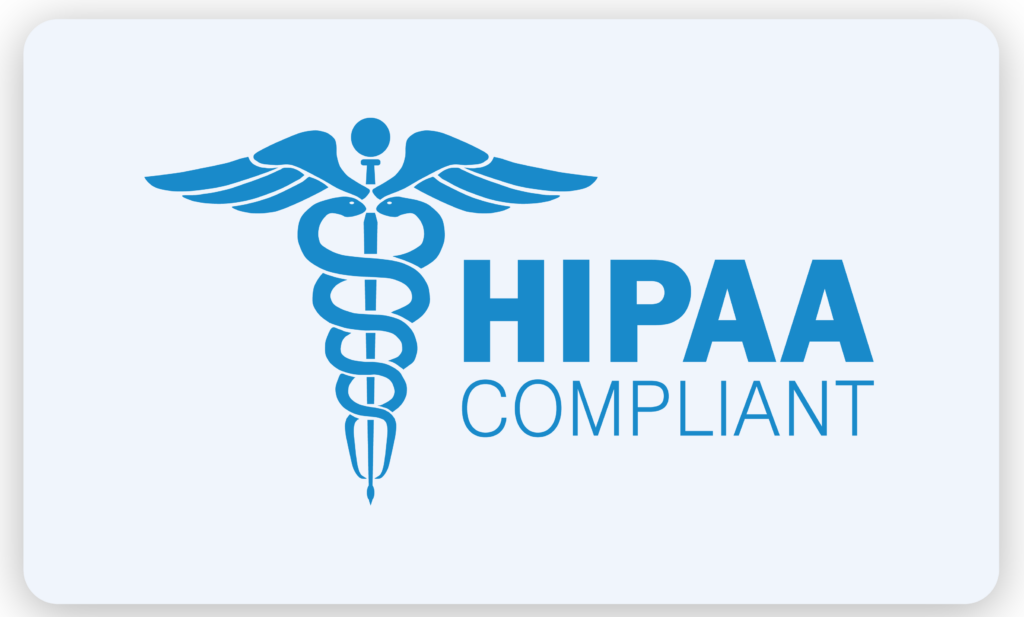12 Dec

A year since the first reported cases of the new communicable disease had been confirmed and the global pandemic is still raging. To make matters worse, experts detected the existence of new mutated strains that are even more contagious. The specter of new lockdowns, therefore, is still present in the minds of a lot of people. However, the solutions for digital health certificates are being implemented worldwide.
However, one full year of nominal commercial activity is not something businesses have prepared for. For most organizations, every day has become a fight for survival. Needless to say, governments grow more desperate to resuscitate their economies with each passing day. The world needs to learn how to traverse the fragile balance between public safety and economic recovery. To this end, some tech companies have proposed a health passport. The general idea is simple – ensure that people have proof of vaccination against or have tested negative for the disease. This should let people participate in the economy while minimizing the risks of exposure.
Objections to Digital-Only Health Visas
Tech companies recommend using verifiable digital health visas when entering commercial premises, especially where social distancing is not possible. The air travel industry, for example, is one of the most vocal advocates for this idea. However, data collection and storage is not a palatable concept in today’s climate. Health data is especially private. Naturally, the proposed digital health certificates have some opponents.
Privacy Concerns
The biggest problem with digital data storage is that it has a lot of weak spots. For important information like health data, keeping it in a centralized digital database is not the safest thing to do.
Breaches, hacks, and other vulnerabilities are very real threats in digital data storage and management. It only takes a couple of motivated individuals to break through even the most secure centralized systems.
For a lot of users, this alone is enough to turn them off on using digital health data systems. Health information has some real-world implications that go beyond the scope of the pandemic response. It can, for example, affect one’s professional and personal endeavors.
Uncertainties About The Vaccines and The Unreliability of Technology
Researchers are still in the dark in terms of how long the vaccines will keep people immune. This means we will not be able to establish when the digital health certificates need to expire. Digital vaccine certificates are risky they give individuals a false sense of security. With it, they can run around with an expired vaccine and inadvertently spreading the disease. Storing visas and other health data on electronic devices can be risky too. Electronic devices can be quite unreliable. If a passenger, for example, runs out of battery during boarding, verifying health credentials stored in their smartphones would be impossible. Device malfunctions due to digital viruses are also highly likely scenarios.
Tedious Integration Into Existing Paper-Based Health Visa Systems
Currently, the dominant system in use for tracking test results and immunization records is physical documents. This system helps keep data in the institutions that administer them. The only proof for users is a piece of paper saying that they are either immunized or have tested negative.
Getting this data organized as required by a central digital database would be a massive undertaking. Under normal circumstances, medical professionals can accomplish this task quickly. However, since we are all still under a pandemic, most medical staff are preoccupied with saving lives. Pushing for a laborious digital shift can become a distraction.
Combining Paper-Based Health Visa with MatriX-iPass™
Platform
There’s no denying that there are some legitimate concerns regarding digital health certificates and visas. Privacy concerns, unreliability, and difficulty of execution are huge obstacles to hurdle. Fortunately, there are some solution providers such as MatriX-iPass™ that can help eliminate these concerns. The innovative SaaS platform uses blockchain and a secure QR tech to manage and secure health data. It also combines digital and physical verification for a more reliable system.
Cloud-Based Blockchain
Employing blockchain technology can lessen the pressure on network security through cryptography. It also has a powerful layer of money-transfer-grade encryption. These layers ensure that bad actors cannot get to any personal user data. With blockchain, users remain in full control of their data. It employs a permission-based identity and access management system. This means users have to actively grant access to their information. MatriX-iPass™ also uses cloud-based storage systems. This enables users to access their data remotely if needed for added reliability securely.
On the other hand, in case of need for changes, relevant medical institutions can access and edit the information. They can also update all parties involved in real-time.
MatriX-iPass™ Proprietary QR Technology
MatriX-iPass™ also makes it fuss-free to grant permissions. Through proprietary tech, users can securely present their QR code and let relevant institutions scan it for the required certificates. The technology is based on NanoMatriX and TrackMatriX, which are industry-leading technology companies specializing in securing document and product integrity. This QR-based system makes for an efficient verification system that is easy to use and protects against counterfeiting.
Works in Tandem with Paper-Based Health Documentation Systems
The dominant paper-based vaccine tracking and test result verification system is no doubt a secure method. However, it has some glaring vulnerabilities as well. One major flaw is data stored in multiple databases. Transmission of the relevant data can take a long time, thus making it inefficient. Throughout the transmission process, there are also multiple points of vulnerability where it can be hacked.
Since MatriX-iPass™ does not simply rely on digital data, it also helps secure the physical copies of testing and vaccination reports. The digital information encrypted on the blockchain, on the other hand, speeds up data transmission. In challenging times, every second counts, and MatriX-iPass™ gives us a boost in our fight against the disease spread. It is a secure Digital Health Certificate system that does not sacrifice efficiency. Moreover, it is easy to integrate into existing paper-based health visa systems.
Do you want to use MatriX-iPass™ for your business? Schedule a call to know more.







